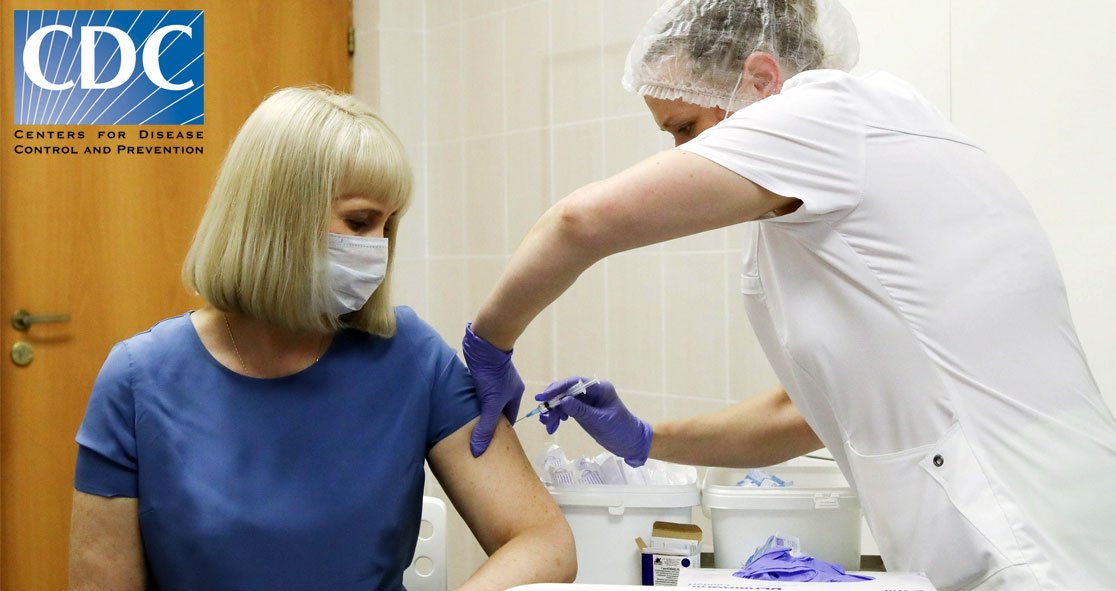On Monday, during a meeting with CDC advisors, a group of doctors said public health officials and pharma companies should be transparent about the potential side effects after getting the first shot of a COVID-19 vaccine, as states have been preparing to distribute doses by mid-December.
Dr. Sandra Fryhofer of the American Medical Association (AMA) noted that both the vaccine candidates of Pfizer/BioNTech and Moderna require two doses at varying intervals.
She expressed concerns over patients coming back for a second dose because of the potential side effects they may experience after getting the first shot.
Dr. Fryhofer, who served as president of the American College of Physicians (ACP), said, “We really need to make patients aware that this is not going to be a walk in the park.”
“They are going to know they had a vaccine,” she added. “They are probably not going to feel wonderful. But they’ve got to come back for that second dose.”
In September, participants in Pfizer and Moderna’s experimental coronavirus vaccine trials told CNBC that they have had experienced symptoms such as high fever, body pain, headaches, exhaustion, among other side effects after receiving the shots.
The side effects were unpleasant, but the participants said they often subsided in a day, or sometimes sooner, which was better than getting the COVID-19 infection.
Pfizer and Moderna have acknowledged that their vaccine candidates could give rise to a few side effects similar to the symptoms of mild COVID-19, such as headaches, chills, and muscle pain.
In the same Monday meeting, Minnesota-based pediatric nurse practitioner Patsy Stinchfield said public health authorities and drug manufacturers should try to talk about the vaccines’ side effects in a more positive way, adding that they could use language like drug “response” rather than “adverse reaction.”
Stinchfield explained, “These [side effects] are immune responses. And so if you feel something after vaccination, you should expect to feel that. When you do, it’s normal to have some arm soreness or fatigue, some body aches, and maybe even a fever. It sounds like in some of these trials, maybe even having to stay home from work.”
“You hear some people in the trials that are disappointed that they didn’t have any of those things, feeling they must have gotten a placebo,” the nurse added.
The virtual CDC advisor committee meeting has come three days after Pfizer/BioNTech applied for the FDA’s emergency use authorization for their COVID-19 vaccine. This process may take a few weeks and an advisory committee meeting to review the vaccine is scheduled for early December.
Recently, Moncef Slaoui, Chief Scientific Adviser for Operation Warp Speed (OWS), said some Americans could get the first vaccine dose by the second week of December.
Meanwhile, government agencies have been sending vaccination plans around to staff. The news was published in CNBC.























